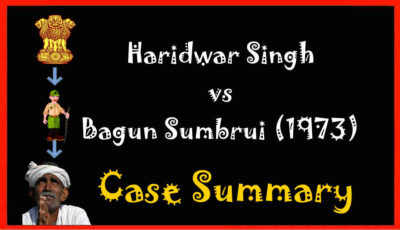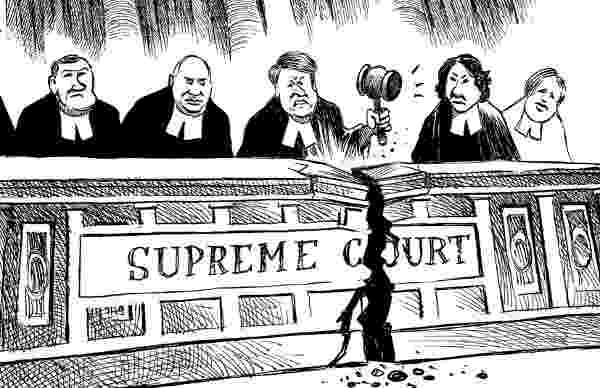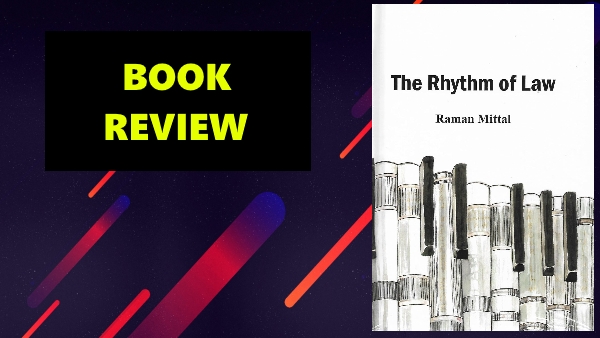Haridwar Singh vs Bagun Sambrui case deals with the situation in which the issue arose about what will happen when the transmission of the acceptance was not made to the offeror.
Section 5 of the Indian Contract Act talks about the revocation of offer and acceptance. According to it, an offer may be revoked any time before its acceptance is communicated to the offeror, but not afterward.
FACTS
- There is a bamboo coup known as the “Banta Bamboo Coup” in the Hazaribagh district. The Forest department of the Government of Bihar advertised the right to exploit a coup by public auction on July 22, 1970.
- The auction was held on August 7th, 1970 in the office of the Divisional Forest Officer. The reserved price fixed was 95,000/-. The appellate bid of 92,001/- being the highest was accepted by the office. He further deposited 23,800/- as security and executed an agreement. Later the appellate sent a letter of his willingness to buy the coup for 95,000/- as the matter was still pending before the government.
- The government said the coup may be settled with the highest bidder namely the appellate for 95,000/- with the consultation of the Finance Department. One day, the respondent sent a letter to the office for the question of settlement of a coup for 1,01,125/-.
- The whole matter was placed before the Minister of Forest and the minister rejected the settlement with the appellate and accepted the settlement of a coup with the respondent.
- The government then sent a letter to the office, who later sent the letter to the respondent to deposit the security amount.
- The appellate filed a petition in the High Court which was dismissed and later moved to Supreme Court by special leave.
ISSUE
Whether by an acceptance which is conditional upon the occurrence of a future event, a contract will become concluded.
RATIO DECIDENDI
The honorable judges present to hear this case were Justice K.K Mathew and K.S Hegde. The Judges were of the opinion that-
- In this case, there is no need for the communication of confirmation by the government to the appellate to stand in the way of their being a concluded contract but the need of confirmation by the government of the conditional acceptance by the Divisional Forest Officer.
- The acceptance of the bid by the appellate of 92,001/- by the officer was subjected to confirmation by the government.
- Rule 10 of Article 166 (3) says, no department shall, without prior consultation with the Finance Department, authorize by any order, title lease, or license of mineral or forests.
- When it relates to the performance of public duty and to invalidate acts done in neglect of them would be a serious general inconvenience or injustice to persons who have no control over those entrusted with the duty, such rules are generally understood as mere instruction for the guidance of those upon whom the duty is imposed.
- Here, the consultation of the finance department was not taken prior to accepting the respondent’s settlement.
DECISION
The court held that, as a prior consultation with the Finance Department was not taken while settling the respondent’s proposal, the same cannot be initiated or be performed. Therefore, the court quashed High Court’s order and allowed the appeal.
CONCLUSION
If the acceptance of the offer is not put in a course of transmission to the offeror, it is not acceptance.
This judgment clarifies that nothing can be enforced if the act does not conform to the rules of the law that governs it. It made a great impact and now parties entering a contract will be even more aware while executing the same.
BEST BOOK FOR CONTRACT LAW: Contract Law by RK Bangia (Latest Edition)





